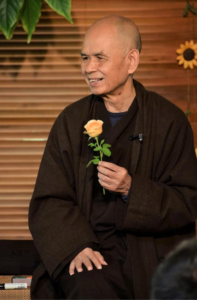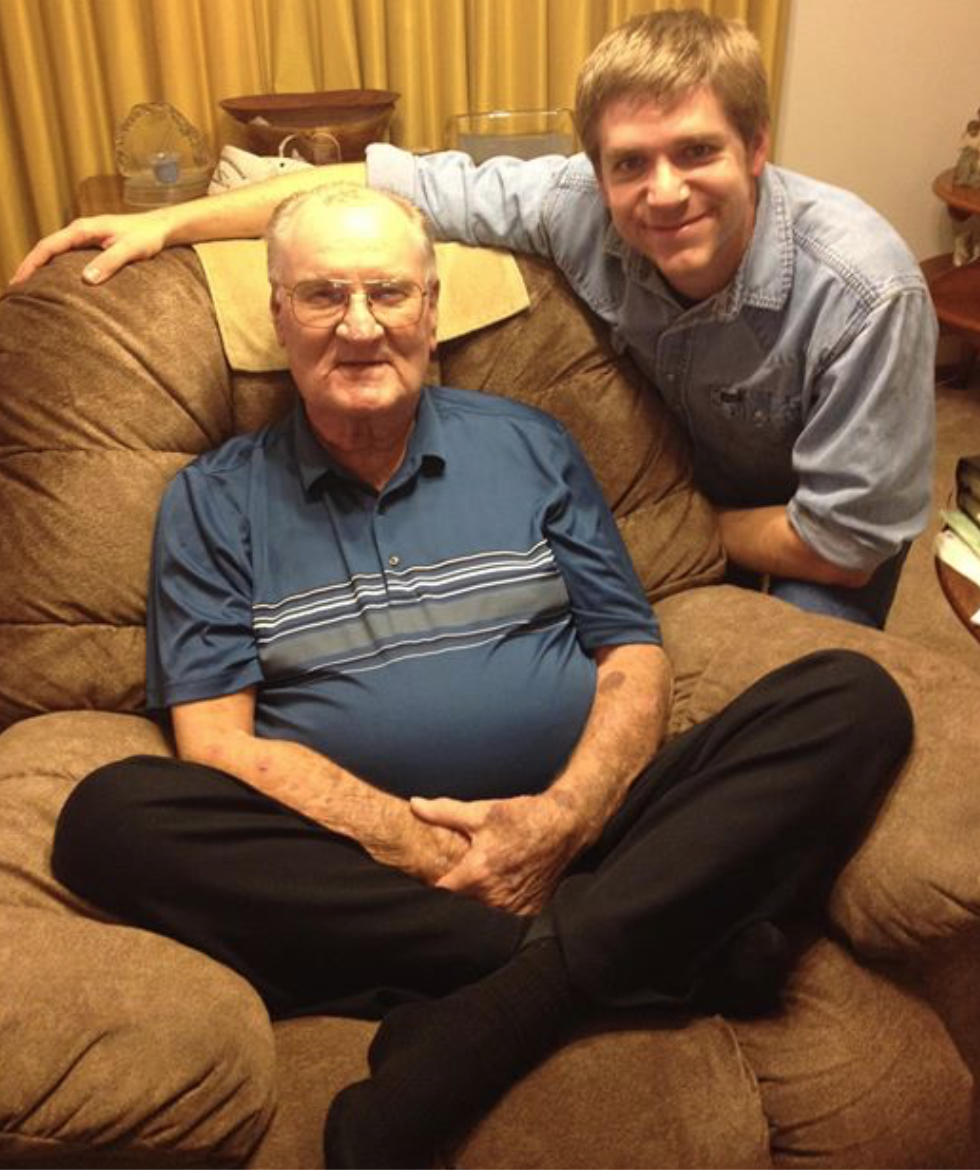The brilliant Maria Popova, whose infinitely generous newsletter BrainPickings is one of my most treasured weekly gifts, has devoted her most recent offering to the primary necessity – if we want to move in the world as loving people – of self love. Here, she introduces the poem “The TrueLove” by Irish poet David Whyte:
That difficult, delicate, triumphal pivot from self-limitation to self-liberation in the most vulnerable-making of human undertakings — love — is what poet and philosopher David Whyte, who thinks deeply about these questions of courage and love, maps out in his stunning poem “The Truelove,” found in his book The Sea in You: Twenty Poems of Requited and Unrequited Love (public library) and read here, by David’s kind assent to my invitation, in his sonorous Irish-tinted English voice, in his singular style of echoing lines to let them reverberate more richly:
THE TRUELOVE
by David Whyte
There is a faith in loving fiercely
the one who is rightfully yours,
especially if you have
waited years and especially
if part of you never believed
you could deserve this
loved and beckoning hand
held out to you this way.
I am thinking of faith now
and the testaments of loneliness
and what we feel we are
worthy of in this world.
Years ago in the Hebrides,
I remember an old man
who walked every morning
on the grey stones
to the shore of baying seals,
who would press his hat
to his chest in the blustering
salt wind and say his prayer
to the turbulent Jesus
hidden in the water,
and I think of the story
of the storm and everyone
waking and seeing
the distant
yet familiar figure
far across the water
calling to them
and how we are all
preparing for that
abrupt waking,
and that calling,
and that moment
we have to say yes,
except it will
not come so grandly
so Biblically
but more subtly
and intimately in the face
of the one you know
you have to love
so that when
we finally step out of the boat
toward them, we find
everything holds
us, and everything confirms
our courage, and if you wanted
to drown you could,
but you don’t
because finally
after all this struggle
and all these years
you simply don’t want to
any more
you’ve simply had enough
of drowning
and you want to live and you
want to love and you will
walk across any territory
and any darkness
however fluid and however
dangerous to take the
one hand you know
belongs in yours.
The Sea in You: Twenty Poems of Requited and Unrequited Love
by David Whyte
“The Truelove” appears in the short, splendid course of poem-anchored contemplative practices David guides for neuroscientist and philosopher Sam Harris’s Waking Up meditation toolkit, in which he reads each poem, offers an intimate tour of the landscape of experience from which it arose, and reflects on the broader existential quickenings it invites.
– Marie Popova
Listen to David Whyte read “The TrueLove”
See more on Brainpickings


 Thich Nhat Hahn’s poem “
Thich Nhat Hahn’s poem “
 Over the past many years, scientists have been studying the neurological and physiological effects of meditation and other mindfulness practices.
Over the past many years, scientists have been studying the neurological and physiological effects of meditation and other mindfulness practices. 


